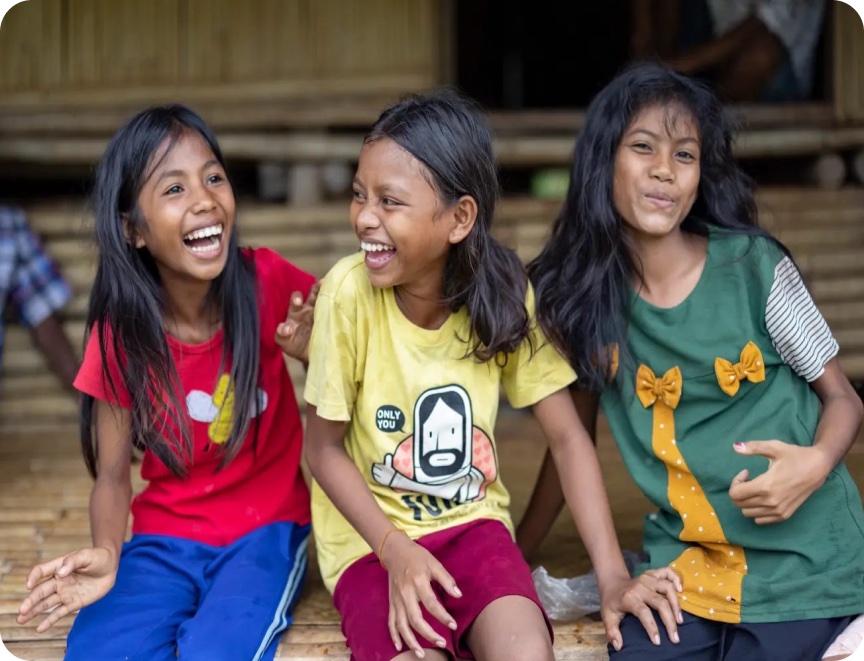What is International Day of Persons with Disabilities?
Since 1992, International Day of Persons with Disabilities has been observed annually on 3 December. It is a United Nations sanctioned day, which focuses on breaking down barriers for disabled persons around the world. The most vulnerable, and in need of support, are those who live in developing communities overseas.
This year the UN’s Educational, Scientific, and Cultural Organisation (UNESCO) has introduced a virtual meeting on December 5, to enhance the commemoration. The objective? To create an interactive dialogue around the importance of innovation and transformative solutions for inclusive development. As the observance day nears, we’d like to explain why we believe IDPwD should be marked on every calendar, and how you can get involved.
Why was International Day of Persons with Disabilities established?
In the 1990s the United Nations recognised that people living with disabilities face barriers of a structural, social and cultural nature, all around the world. The occasion is intended to encourage advocacy on behalf of disabled persons, and draw attention to priorities related to their inclusion, support, care and wellbeing.
IDPwD also celebrates the achievements and contributions of people living with disabilities, reinforcing the value and meaning they bring to the global community.
What does IDPwD mean today?
Today, IDPwD is part of a growing conversation about empowerment and inclusion. Each year the UN announces a theme, which provides focus for the efforts of organisations and individuals over the succeeding year to create a more inclusive environment, working towards unconditional acceptance.
What is the IDPwD theme for 2023?
The theme for International Day of Persons with Disabilities 2023 is: ‘United in action to rescue and achieve the Sustainable Development Goals (SDGs) for, with and by persons with disabilities.’
You can find out more the SDGs here.
Why advocate on behalf of and support children with disabilities this IDPwD?
The cycle of social isolation begins in childhood, with many children living with disability facing exclusion.
By supporting children with disabilities, we can create a climate of acceptance, empowerment and opportunity from childhood, which will produce resilient adults. In the right environment, living with disability should not prevent a child from participating in play, school and other facets of childhood like their peers. We just need to provide every child with the same opportunities.
Effective disability advocacy promotes, protects, and supports the full and equal human rights of a person or group.
Advocates help people with disabilities speak up and protect their rights and interests by supporting or working on their behalf.
Advocacy can be divided into six categories:
- Self advocacy
- Family advocacy
- Citizen advocacy
- Individual advocacy
- Legal advocacy
- Systemic advocacy
How can you get involved with International Day of Persons with Disabilities?
Want to support children with disabilities this IDPwD? There’s a number of ways you can get involved:
- Fundraise for charity: Host a charity fundraiser and donate the proceeds to an organisation that supports children living with disability.
- Reach out: Know someone living with disability? Reach out and see how they’re going, or perhaps arrange to spend some time with them.
- Be inclusive: Think about how you can be more inclusive in your school, organisation or in the wider community.
- Make a monthly donation: Want to support the cause without the hassle of a fundraiser? Simply make a monthly donation online and you can help children globally who are excluded because of their disability.
Join forces with the United Nations this IDPwD
When you take action in support of children living with disability this IDPwD, you are joining forces with the United Nations in a global effort to promote acceptance and inclusion. No supportive act is too small, or without impact. What’s most important is that we recognise where we can be of help, and get out there to make a difference.
































